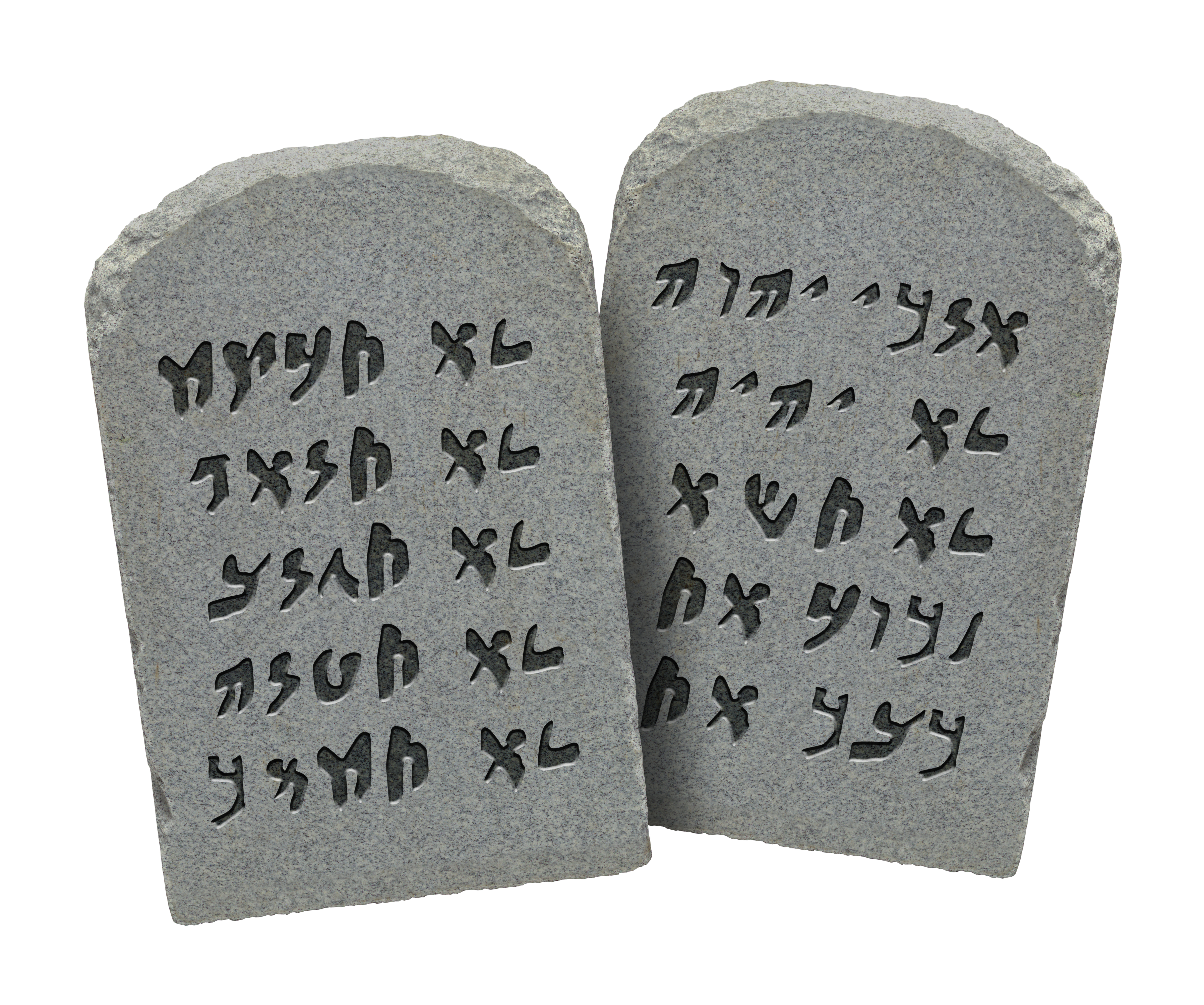Tagged: Bible

The Holy Spirit and Scripture

This is the last in a series of excerpts from “What Every Christian Should Know About the Trinity,” published by the MBC’s High Street Press (visit highstreet.press).
The Holy Spirit is the primary agent through whom the Scriptures came to us. He superintended the thoughts and words of the prophets and apostles so that what they wrote were the very words of God.
In a previous column, we looked at 2 Timothy 3:16-17 and 2 Peter 1:20-21. These two passages are key to our understanding of the Bible as the breathed-out Word of God given to men directed by the Holy Spirit.
But in addition to these verses, the Bible reveals other ways the Holy Spirit works in concert with the Father and the Son to confirm biblical truths. Here are just a few examples:
Ezekiel 2:1-2 – “He [the Lord] said to me, ‘Son of man, stand up on your feet and I will speak with you.’ As he spoke to me, the Spirit entered me and set me on my feet, and I listened to the one who was speaking to me.”
The same Spirit of God that energizes the chariot wheels (Ezek. 1:12, 19; 10:16-17) now enters Ezekiel and supplies the strength needed to carry out his prophetic ministry. This same Spirit superintends the prophet’s words as they are recorded in the book bearing his name.
The Spirit appears along with “the likeness of the Lord’s glory” (1:28). Perhaps this is a rare vision of the preincarnate Christ. Or, at the very least, it’s a veiled view of Yahweh on His heavenly throne.
Continue reading
God the Father and Scripture

This is another in a series of excerpts from “What Every Christian Should Know About the Trinity,” published by the MBC’s High Street Press (visit highstreet.press).
In the previous column, we introduced the biblical teaching that while the Holy Spirit is the divine agent of God’s written revelation, He moved in concert with the Father and the Son to give us the Bible.
Now, let’s survey a sampling of Bible passages that show how the Father, Son, and Holy Spirit work together to give us the Scriptures. In this column, we focus on the Father. In future columns, we turn our attention to Jesus and the Spirit.
Consider just a few of the dozens of people to whom the Father speaks directly. In these verses, the Father either is implied as the speaking member of the Trinity, or the context identifies Him as such:
Cain: “Then the Lord said to Cain …” (Gen. 4:6-16)
Noah: “God said to Noah …” (Gen. 6:13-21)
Job and his friends: “Then the Lord answered Job …” (Job 38:1 – 42:8)
Abimelech: “But God came to Abimelech in a dream by night and said …” (Gen. 20:3-7)
Continue reading
Common objections to the Bible – Part 2

In a previous post, we shared four common objections to the Bible. Here, we respond to four additional objections.
Objection 5: The Bible is full of contradictions.
Response: Not so. Consider these guidelines for dealing with Bible difficulties: 1) logic and reason – examine the Bible like other documents; 2) translation – consider the nuances between various English versions; 3) time – some seemingly contradictory statements are separated by years and must be seen in their proper time frames; 4) context – study the chapters and books in which apparent contradictions occur; 5) sense – words and phrases may be used literally or figuratively; 6) quotations – many Old Testament passages are paraphrased or summarized in the New Testament; 7) perspective – when two or more writers provide separate accounts of the same events, differences in names, numbers, and conversations may be accounted for by each writer’s perspective.

Common objections to the Bible – Part 1

Many who disbelieve the Bible’s claims to be the word of God raise objections. Often, these objections are raised sincerely by people seeking the truth. Whether sincere or not, the objections merit a response. Following are the first of eight common objections. The rest are featured in a future post.
Objection 1: No one really knows what the Bible says because the original manuscripts are lost.
Response: True, the “autographs” no longer exist, but a remarkable number of copies do. No other book from the ancient world has more, earlier, or better-copied manuscripts than the Bible. Nearly 5,800 Greek, 10,000 Latin, and 10,000-15,000 other early versions of the New Testament are in existence, some dating to within a generation of the originals. Compare this with fewer than 1,800 copies of Homer’s Iliad, with the earliest copies dating 400 years after the original.
Continue reading

Robbing God
 Does the Bible command tithing?
Does the Bible command tithing?If we don’t tithe, are we robbing God?
Doesn’t the Old Testament teach tithing, while the New Testament stresses giving?
These are important questions, and every sincere Christian wants to get the answers right.
The Bible is our authority – and the last word on this issue. While it isn’t possible in this article to conduct an exhaustive study, we may highlight what the Old and New Testaments have to say.
Continue reading
